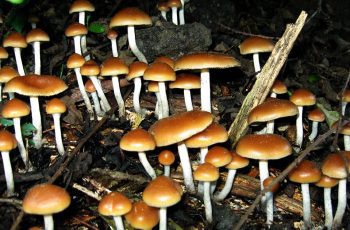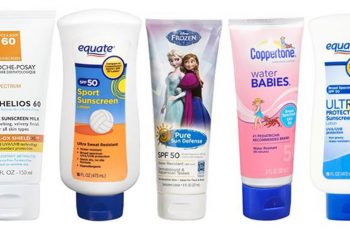
High Calorie Foods With Good Benefits
Energy is measured in terms of calories. It gives people power and keeps their bodies running smoothly. That’s why it’s so essential to maintain a daily calorie-to-calorie ratio that’s in balance. Of course, the amount of calories a person consumes each day depends on various factors, including their age, gender, metabolism, and level of physical activity. For example, women should aim for 2,000 calories per day, while men should aim for 2,500.
In terms of energy and nutrition, high calorie foods outperform low-calorie foods in terms of caloric content. One could begin eating high calorie foods for any number of reasons. High calorie foods should be included in the daily diet of anyone suffering from a medical condition or malnutrition.
However, consulting with a nutritionist before making such food choices is recommended rather than doing so randomly. For example, if a person has a weak constitution or is recuperating from an illness, they may turn to high calorie foods to regain their energy.
Weightlifters, for example, may eat high-calorie, high-nutrient foods to bulk up or build muscle. Regular gym-goers can also benefit from including them in their routine to improve their endurance. In addition, women may eat high calorie foods to achieve the “fuller” beauty standard.
However, it is essential to remember that not everyone needs to eat many high calorie foods, just like not everyone needs to eat a low-calorie diet. Therefore, before starting a diet, you must learn about what your body needs.
Individuals should consult a qualified nutritionist to learn about the long-term effects of eating certain foods. They need to eat the right amount of carbohydrates, protein, calories, fats, vitamins, and minerals that are tailored to their own body’s needs.
High Calorie Foods for Weight Gain and Other Benefits
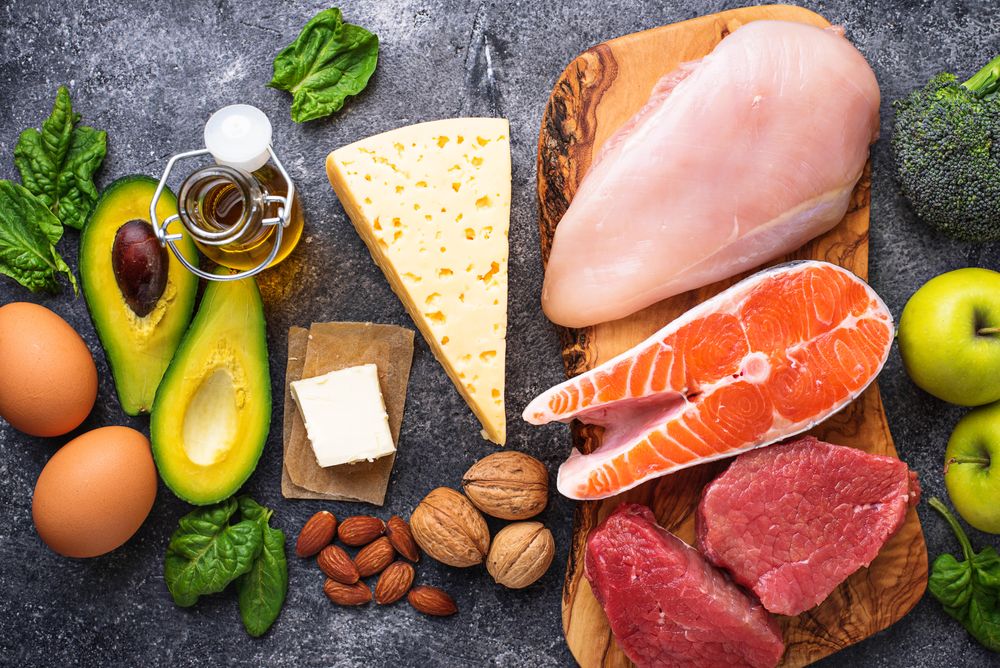
1. Rice
Rice is an excellent option if you’re trying to gain weight because it’s packed with calories.
About 200 calories, 44 grams of carbs, and only a tiny amount of fat is found in a cup of white rice. It’s also a cost-effective and convenient source of calories.
2. Potatoes and Starches
Starchy foods like potatoes, quinoa, squash, oats, and winter root vegetables contribute to calories and carbs. Potassium, magnesium, iron, and folate are all found in potatoes, according to research.
As a bonus, they help you build muscle glycogen stores, which can be used as a source of energy for sports and other activities.
The nutrients and fiber found in these starchy foods are plentiful. In addition, the resistant starch they contain also aids in the nutrition of beneficial bacteria in the digestive tract.
3. Whole Grain Bread
Carbohydrates and calories from whole grain bread are plentiful. In addition, they are rich in vitamins, minerals, and fiber, each of which has its own set of health benefits. Because whole-grain flour retains the germ and bran, whole-grain bread is even better than white bread.
In addition, because whole grain bread is denser, it contains more good calories per serving than regular bread. As a result, if you want to gain weight or build muscle, you must eat whole-grain bread products with at least 3 grams of fiber per serving.
4. Milk
Milk has long been known to aid in weight gain and muscle growth.
Vitamins, minerals, and nutrients are all present in this food. According to research, children who consume the most milk tend to gain the most weight. They also have a surplus of energy after they’ve been destroyed.
5. Red Meats
Red meats have a lot of protein and calories, such as beef, lamb, and pork.
Dietary creatine, found in high concentrations in these foods, is a potent muscle-building supplement. However, if you have the option, opt for fatty meats. They increase your caloric intake and, consequently, your overall body mass index (BMI).
6. Salmon and Oily Fish
In addition to being a good source of protein and healthy fats, salmon and oily fish are also considered nutritious.
The omega-3 fatty acids they contain are also beneficial, reducing inflammation and the risk of heart disease and clots. They also aid in weight gain and muscle building.
7. Nuts
Just a few handfuls of nuts per day can give you hundreds of calories and aid in a healthy weight gain. In addition to that, they contain a good amount of nutrients such as protein, vitamins, minerals, fiber, and healthy fats.
Nuts, in particular tree nuts, are calorie and nutrient-dense and contain a wide range of healthful fats and bioactive compounds.
8. Dried Fruit
Fruits that have been dried are high in calories, but they’re also packed with antioxidants, nutrients, and fiber.
In addition to nuts, dried fruits have been shown to reduce the risk of diabetes and cardiovascular disease when consumed in large quantities in a diet. As a bonus, they’re easy to drink and have high sugar content, making them excellent weight gain contributors.
9. Dark Chocolate
Dark chocolate has a higher caloric content per gram than milk chocolate. So, although it’s healthier, it also has fewer calories, more fiber, and more micronutrients. Additionally, it lowers the risk of heart disease, type 2 diabetes, and stress.
10. Eggs
Eggs are a good source of calories, protein, healthy fats, and vitamin D, as well as omega-3 fatty acids. In addition, they typically contain a small amount of each micronutrient essential to human health.
Muscle-building and healthy weight gain will benefit significantly from this. However, one must keep in mind that the whole egg must be consumed to receive its full nutritional benefit.
11. Healthy Cereals
Carbohydrates, antioxidants, and fiber abound in grain-based cereals and other grain-based foods. In terms of healthy grains, oats are the best option.
Because of the high levels of phytochemicals, phenolic compounds, and fiber in oats have been shown to reduce the risk of cardiovascular disease, diabetes, and celiac disease. Another calorie-dense food high in protein, vitamins, and minerals is granola. Cereals, dried fruits, and nuts make up the bulk of this dish.
12. Full-fat Dairy Products
Dairy products with high-fat content, like some cheeses and yogurts, provide calcium, protein, and other nutrients. When consumed in moderation, they promote muscle growth and a healthy weight gain.
13. Home-Made Protein Shakes
You’ll need a lot of protein when you’re trying to gain weight. You’ll need to consume plenty of calories and protein to gain weight. Many of the nutrients found in most commercial protein and milkshakes are sugar-laced.
A more balanced nutrient profile can be found in homemade protein shakes. Protein shakes made at home contain a lot of calories and a lot of protein.
Some examples of home-made protein shakes are:
- Banana Milkshake – Pour 1 cup of yogurt, 1 cup of full-fat yogurt, two bananas, and one tablespoon of nut butter into a blender. Your banana milkshake is ready after a quick blend.
- Berry Vanilla Shake – Add half a cup of berries, a scoop of vanilla-flavored whey protein powder, and a cup of full-fat yogurt to a blender and blend until smooth and creamy. It takes a few minutes to mix everything and serve your berry milkshake.
- Hazelnut Chocolate Shake – Make a Hazelnut Chocolate Shake by combining one tablespoon of hazelnut butter, two cups of full-fat milk, and one tablespoon of chocolate whey protein. Blend them all and savor the calorie-dense treat.
- Apple Shake – Smoothie with 1 cup of full-fat yogurt and one teaspoon of brown sugar, made with deseeded apples. Your apple shake is ready after a quick blend.
14. High-Calorie Fruits
These are fruits that are low in the water. Therefore, fructose is a sugar found in these fruits (which is fruit sugar).
Citrus fruits are known for their high water content. As a result, they contain fewer calories than other foods. In addition, these fruits are high in fiber and packed with vitamins and minerals that the body needs.
Some of the high-calorie fruits are:
- Banana
- Plum
- Apricots
- Dates
- Mango
15. Nut Butter
A type of butter made from nuts, such as almonds, hazelnuts, peanuts, etc. They contain a lot of calories, but they are also low in fat. Because of this, they can aid weight gain if consumed in moderation.
16. Healthy Fats
Fats are not all bad. Some of them seem to be in good shape. These fats pack a lot of calories, but they’re also good for you. Fats like ghee, olive oil, and flaxseed oil are examples of such fats. Coconut oil and almond oil are also examples.
17. Seeds
There are a lot of calories in seeds like flaxseeds, sesame seeds, chia seeds, pumpkin seeds, etc. Good unsaturated fats (PUFA and MUFA) are also abundant in these foods.
18. Cheese
Cheese is a widely available and favorite food for many people worldwide. Full-fat milk is typically used in its production. As a result, it contains a lot of calories and fats. As long as you consume a reasonable amount of cheese each day, you’ll gain significant weight.
19. Pasta
Celiac-based pasta is an affordable and filling meal. Different sizes, shapes, and colors are available.
Foods like pasta with various sauces such as pesto and alfredo sauce are all high in calories. However, as a snack or main course, they can be enjoyed by all ages.
20. Makhana
Makhana, a type of fox nut or lotus seed, is an excellent snack. Roasted in ghee, it packs a powerful nutritional punch. In terms of nutrition, it’s a better choice than popcorn.
High-Calorie Indian Meal Plan
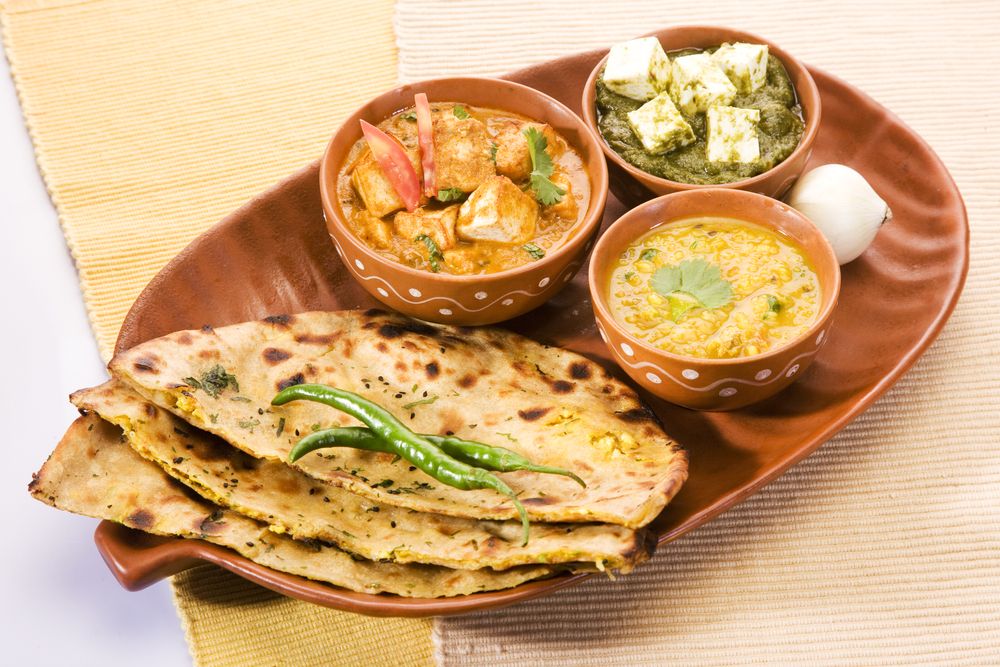
One’s food preferences can be accommodated in a high-calorie Indian meal plan. It’s also important to keep in mind the individual’s calorie needs and level of physical activity before beginning a diet. A healthy weight gain can be achieved with the help of this meal plan.
High-Calorie Foods to Avoid
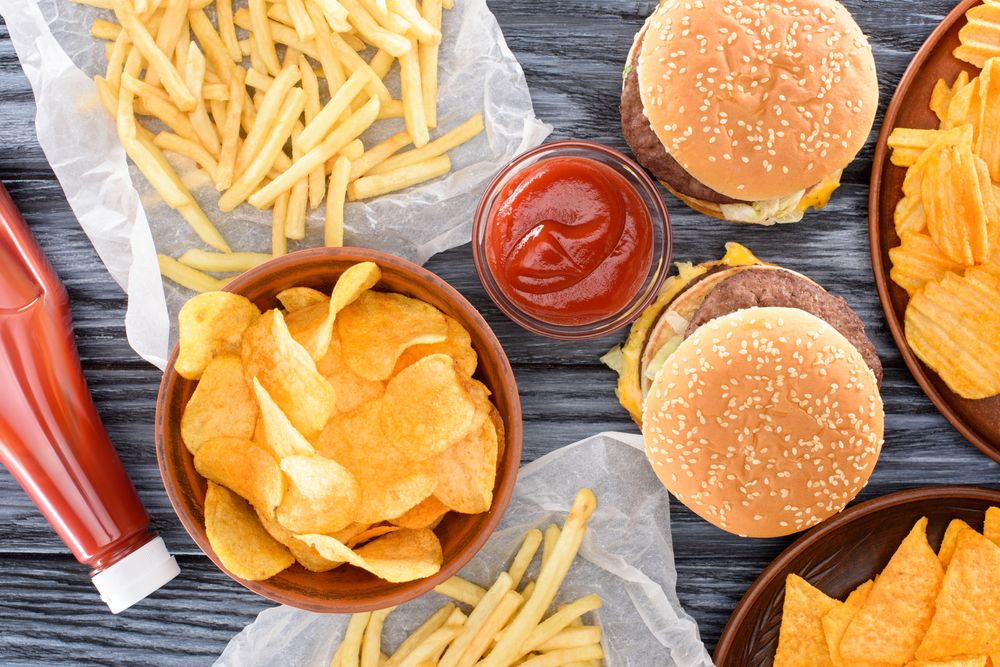
Knowing the difference between healthy and unhealthy foods is critical when trying to find high calorie foods. Avoiding high calorie foods:
- Processed foods like sausages, bacon salami, and other cured and processed meats
- Fast food like burgers, pizzas, french fries, and the likes
- Fried foods like onion rings, cheese sticks, and so on
- packaged snacks like chips, biscuits, cookies, chew, sev, etc
- Chocolates and other sweets
- Ice cream
- Cake
- Soft drinks
Conclusion
Individuals must educate themselves on the effects of their food choices and select a diet best suited to their unique physiology. It’s also important to know the difference between healthy and unhealthy high calorie foods and not just eat anything. Eat a healthy, well-balanced meal every day.


